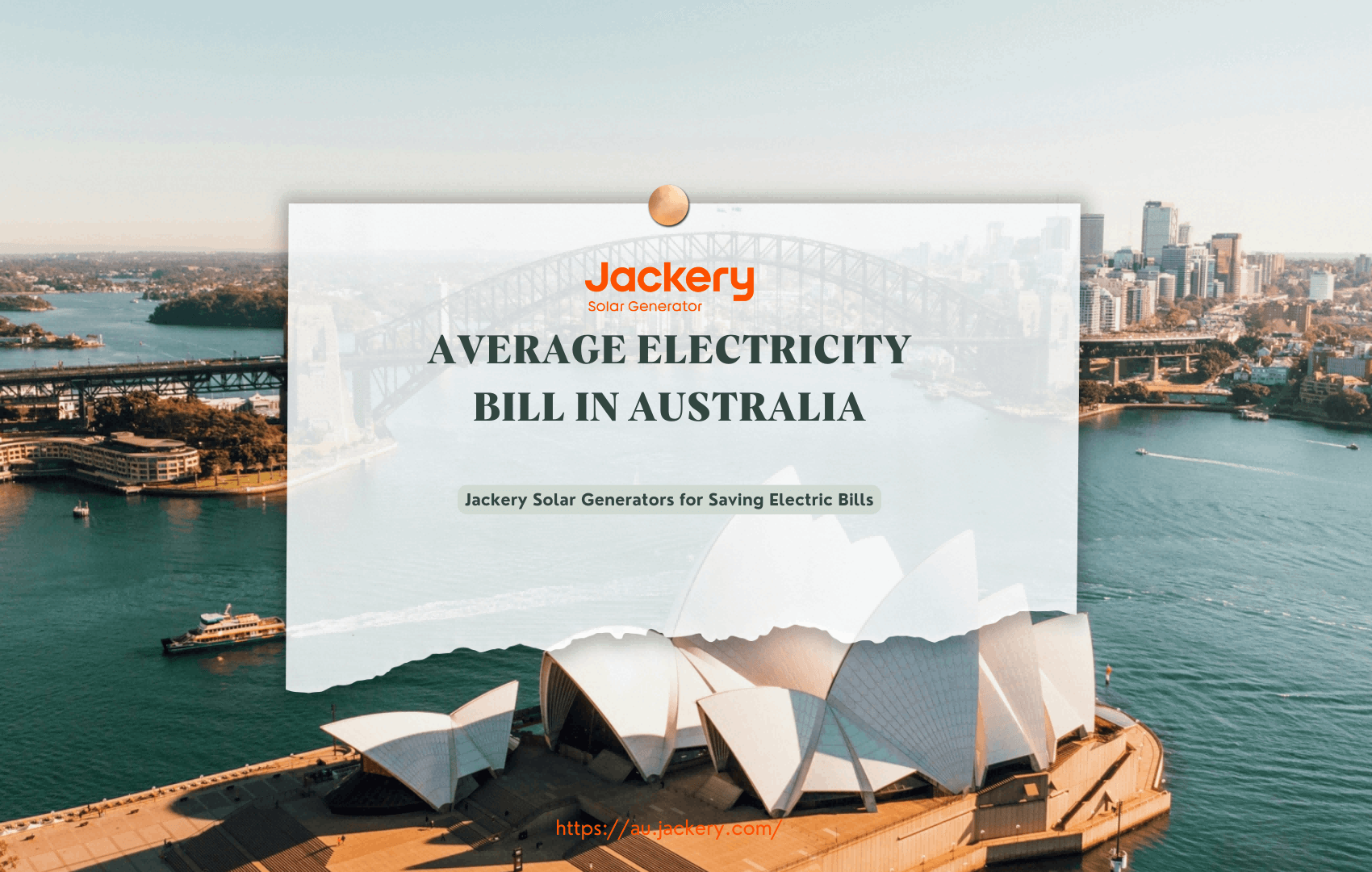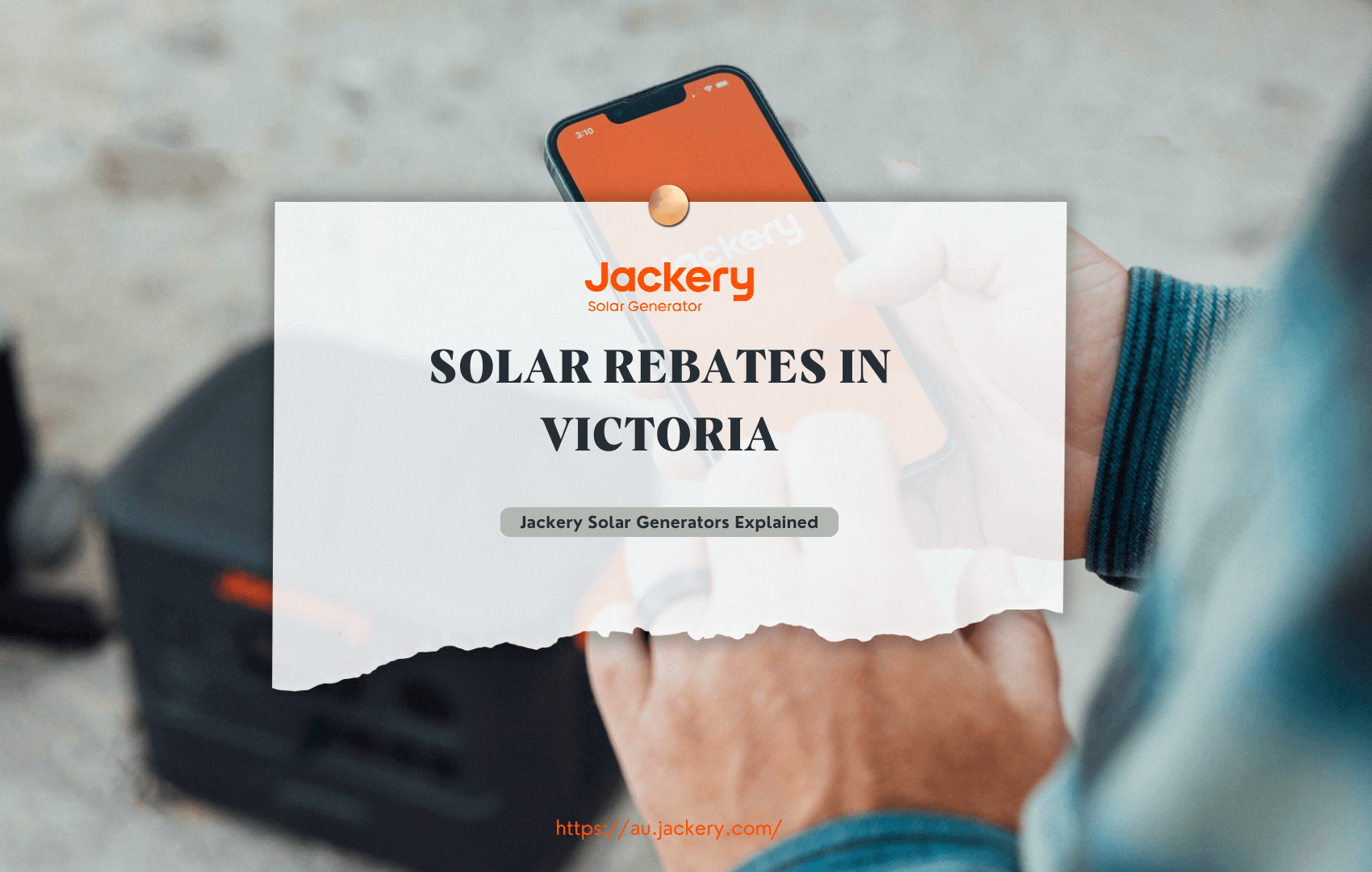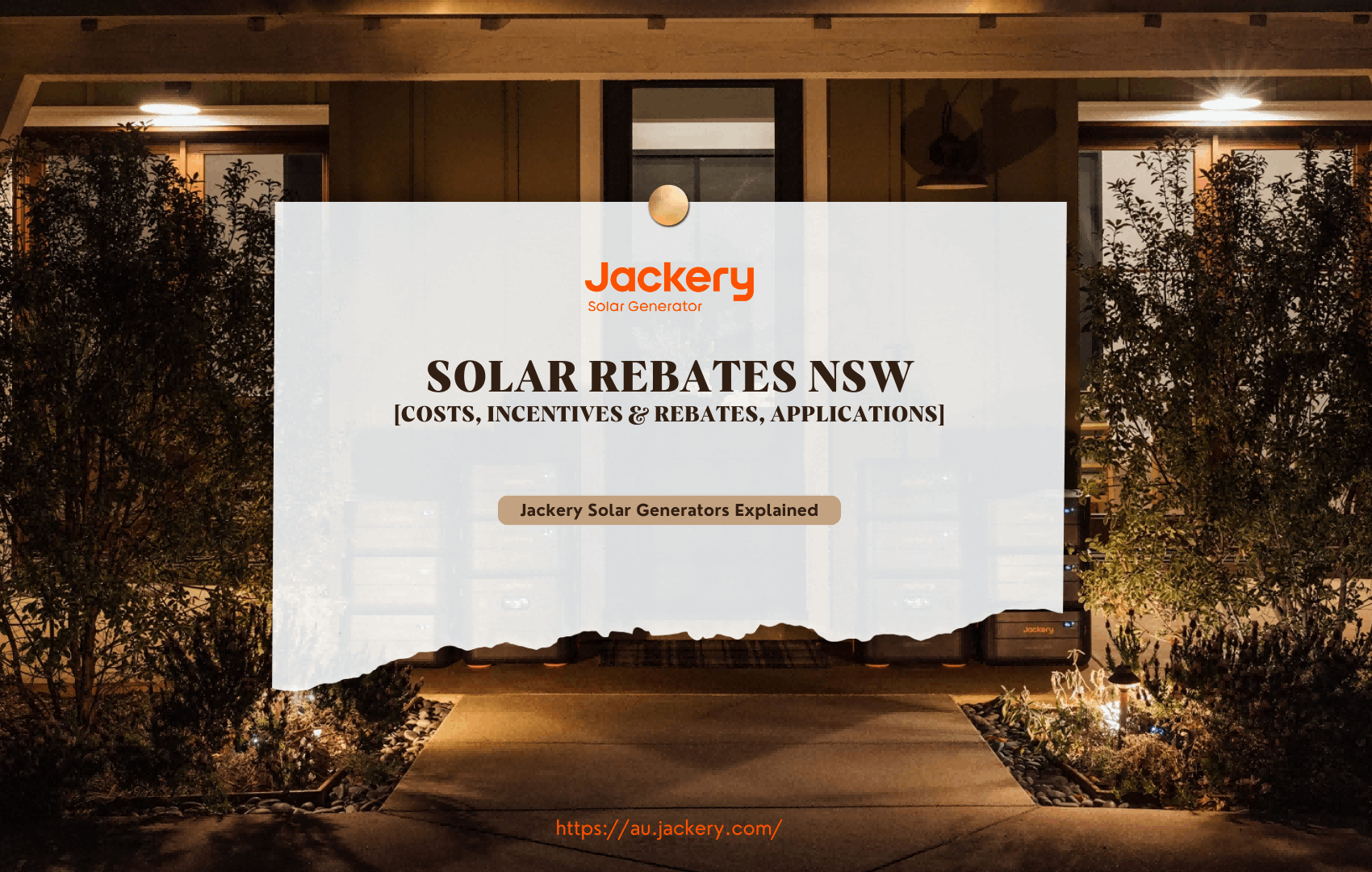|
Key Takeaways: |
|
• Queensland residents can expect to pay around $1,230 per year for electricity, with some plans offering savings of up to 18% on the standard rate. • The typical electricity bill in Brisbane is $1,560 per year, while the national average is $1,668 per year. • Over 20 competing electricity retailers currently offer electricity deals in Brisbane. • Several factors can affect the electric bill in Brisbane, such as your home location, climate, electricity suppliers, etc. • The average cost for a person to live in Brisbane is $1,660.30. However, the cost of living in Brisbane varies depending on where and how you choose to live. • Utilising renewable energy sources such as solar power like the Jackery Solar Generator 1000 Plus and 2000 Plus can significantly reduce the electric bill. |
What Is The Average Electric Bill in Brisbane?
Many Brisbane residents have never read the consumer details when paying their electricity bills. However, understanding the average electricity bill for Brisbane households is essential for budget planning and making informed decisions about energy consumption and supplier selection.
Knowing the average electricity bill can help residents assess whether it is reasonable. This knowledge allows Brisbane residents to compare suppliers and choose a more cost-effective supplier and electricity plan.
Queensland residents can expect to pay around $1,230 per year for electricity, with some plans offering savings of up to 18% on the standard rate. Current electricity prices are on the rise, according to Canstar Blue research. Queensland prices will rise slightly in early 2024 but remain below the national average.
So, is Brisbane's average electricity bill reasonable? Electricity bills paid by Brisbane residents can vary and are often influenced by household size and energy usage patterns.
The typical electricity bill in Brisbane is $1,560 per year, while the national average is $1,668 per year. Brisbane's average annual electricity bills are generally lower than the national average, providing some financial relief to some people regarding the cost of living.
What Are the Electric Rates in Brisbane?
The consumer watchdog has found that more than half of residential consumers in southeast Queensland are on plans with annual fees equal to or higher than the default market offer. Why stick with an expensive plan?
Why not avoid high bills by switching to the cheapest electricity in Brisbane? So, how much money can you save by switching to the cheapest electricity in Brisbane? According to the Australian Energy Regulator, the average household on the Energex network could save $290.84 a year on their electricity bills by switching from the standard supply to the cheapest supply on the market.
Electricity prices change frequently in Brisbane, so residents need to check the latest prices from their electricity supplier to ensure that the price is in line with or below the current average cost.
There are currently over 20 competing electricity retailers offering electricity deals in Brisbane. So, to save on your energy bills, you must check all your options and choose the supplier and electricity plan that works for you.
The table below contains data for only ten energy providers and plans. Prices and electricity plans are subject to change. Data correct as of May 2024.
|
Retailer |
General Usage Rate |
Daily Charge |
|
Amber |
25.45 ¢/kWh |
170.47 ¢/day |
|
CovaU |
25.52 ¢/kWh |
120.69 ¢/day |
|
Ampol Energy |
25.74 ¢/kWh |
119.35 ¢/day |
|
OVO Energy |
25.96 ¢/kWh |
102.30 ¢/day |
|
ENGIE |
26.90 ¢/kWh |
91.38 ¢/day |
|
Momentum Energy |
26.95 ¢/kWh |
150.26 ¢/day |
|
Sumo |
27.39 ¢/kWh |
92.84 ¢/day |
|
Energy Locals |
27.50 ¢/kWh |
107.25 ¢/day |
|
Alinta Energy |
27.78 ¢/kWh |
131.00 ¢/day |
|
Dodo |
28.22 ¢/kWh |
82.66 ¢/day |
(Data Source: Wattever)
Factors Affect The Average Electric Bill in Brisbane
The average electricity bill in Brisbane is just an average estimate of what Australians pay for electricity and is subject to change. Most importantly, the amount of electricity each household consumes affects electricity bills. Everything from inefficient appliance usage to the size of the home can affect the energy bills.

Factor 1: Household Size
The effect of home size on electric bills must be considered. In general, the more people living in a household, the higher the electricity bill. Electricity bills can be up to 10% higher for households of five or more people than for single households.
The table below shows the average quarterly electricity bills for each household size in Australia. (It can also be used as a reference resource for Brisbane residents.)
|
Household Size (number of people) |
Average Electricity Bill Per Month |
|
1 |
$87 |
|
2 |
$106 |
|
3 |
$123 |
|
4 |
$148 |
|
5 or more |
$166 |
(Data Source: EnergySe)
Factor 2: Seasons & Climate
Seasonal changes in Australia can have a significant impact on household electric bills. Residents pay higher electric bills during months with extreme weather events and in summer and winter when energy consumption is high due to heating and cooling needs. These patterns reflect a response to the weather and the rhythm of daily life.
- Summer: Air conditioning systems work harder to cool homes, increasing electricity consumption.
- Winter: Homes need heating for longer, which increases energy bills.
In Brisbane, residents are lucky enough to enjoy a tropical climate, which means they avoid the high heating costs in winter. Many Brisbane residents use the air conditioning when it's over 30 degrees or when they sleep, much less than in other parts of Australia.
Factor 3: Energy Suppliers
Electric bills vary depending on the electricity plan and supplier you choose. Energy suppliers differ in price, customer service, credit terms, and other benefits.
Many energy suppliers offer attractive or lower prices to cope with the competition. At the same time, Brisbane's diverse energy providers allow residents to choose the options that best suit their home's energy use and budget constraints.
Residents should consider the following when comparing energy plans and providers:
- Cost per kWh: Find the essential cost of using electricity.
- Daily Supply Charge: This is the fixed cost of connecting the service.
- Discounts & Incentives: Suppliers may offer discounts for timely payment or bundling services.
- Contract Terms: Consider the contract period and applicable termination fees.
- Renewable Energy Options: Some plans offer competitively priced green energy.
|
Energy Suppliers in Brisbane |
|||||
|
Provider |
Plan Name |
Reference Price Comparison |
Estimated Cost/Month |
Feed-in Tariff (FiT) |
Additional Notes |
|
Dodo |
Residential Market |
18% less |
$120 |
from 5c/kWh |
Rates are not fixed |
|
Alinta |
BetterDeal |
15% less |
$120 (incl. $30 guaranteed discount) |
from 8c/kWh |
No credit card fees, No disconnection fee |
|
Red Energy |
Living Energy Saver |
14% less |
$120 |
from 1c/kWh |
No credit card fees, No disconnection fee |
|
Energy Locals |
Online Member |
11% less |
$130 |
from 6c/kWh |
$13.99 membership fee included |
|
Powershop |
Switch Saver |
10% less |
$130 |
from 5c/kWh |
No credit card fees, No disconnection fee |
|
AGL |
Residential Value Saver |
10% less |
$130 |
from 5c/kWh |
– |
(Data Source: Your Electrical Expert)
How to Lower Your Electric Bill in Brisbane?
Electricity costs have a significant impact on Brisbane household budgets. The following will help you manage your energy usage and prioritise actions that reduce costs to help you effectively reduce your electricity bill.

Tip 1: Understand Your Electricity Bill
Understanding your electricity bill will help you choose an electricity plan that suits your home's energy needs.
Tip 2: Develop Energy-Saving Habits
Small energy-saving behaviour can add up to significant energy savings.
- Leaving appliances such as TVs and computers on standby when not in use can add up to 10% to your electricity bill. So, turning off standby devices when not in use will save you money immediately.
- Turning on the lights accounts for 15% or more of your home's energy use. So try not to leave them on for no reason.
- As with heating and lighting, turn off air conditioning when necessary. Opt for natural ventilation instead of continuous air conditioning whenever possible.
- Plug standby electronic devices into smart power strips, which cut the power when the device is not in use because some electronic devices (such as TVs, computers, and speakers) are never turned off. However, when it goes into standby mode, it uses less power, equivalent to 5 to 10 per cent of the home's energy consumption.
- In the summer, if possible, use a fan instead of air. Avoid using ovens, washing machines, etc., during the hottest day.
- In the winter, try to use thicker bedding and avoid turning on the heater all night. Suppose you must turn on the heating; heat only in the room where you use it. Use caulking on windows and doors to seal drafts and cracks to keep in heat.
Tip 3: Control Hot Water Usage
Heating water consumes energy that cannot be ignored. You can reduce the energy use of hot water by installing a smaller shower head, fixing regular leaks and washing clothes in cold water. Consider using a solar hot water system as an alternative to traditional electric heaters.
Tip 4: Maintain Appliances Regularly
Regular maintenance will help keep your home's systems and equipment in good working order, avoiding overconsumption and unexpected repair costs. For example, regularly changing the air filters in your heating and air conditioning systems can improve efficiency and help you avoid energy use and energy bills.
Tip 5: Cultivate Energy-Saving Awareness
Involve all family members in energy-saving practices and cultivate their energy-saving awareness. Over time, the energy and electricity bill savings will be significant.
Tip 6: Compare Energy Costs
Reviewing and comparing electricity prices from different electric suppliers in your area can help you find a more cost-effective option. In particular, you can use comparison sites like Finder to look at electric plans that fit your usage patterns and switch to an electric supplier that offers better prices.
Tip 7: Green Alternative Energy
Solar generators, like Jackery Solar Generator, can be an environmentally friendly energy source to reduce energy consumption and lower household electricity bills. Solar investments in electricity can benefit from various incentives, rebates, and feed-in tariffs, increasing home value while saving energy.
In addition, Brisbane's sunny climate is ideal for solar generating electricity, reducing grid dependency and saving money on electricity bills. The initial costs of installing a solar or electric power system are high, but the ongoing savings can be thousands of dollars.
Jackery Solar Generators for Reducing Electric Bills
Implementing a solar energy system in your residence provides numerous advantages. Jackery is a renowned manufacturer in the solar industry, focusing on producing top-notch solar equipment like solar generators, solar panels, and portable power stations.
Jackery Solar Generators offer a reliable and uninterrupted power supply for your household appliances to reduce your electric bills.

In conjunction with Jackery Solar Panels, a Portable Power Station facilitates the efficient conversion and storage of more sunlight for future use. By having numerous output ports, you can charge multiple appliances at the same time.
Additionally, a Portable Power Station offers several options for recharging, such as Jackery Solar Panels, carports, wall outlets, or other electric generators.
Jackery Solar Generator 2000 Plus
Jackery has unveiled the Solar Generator 2000 Plus, a cutting-edge portable power solution with exceptional performance. Thanks to its substantial capacity and formidable power output, this device can sustain the operation of standard domestic appliances for several weeks and fulfil all the power needs associated with outdoor adventure or professional activity.
The Jackery Solar Generator 2000 Plus allows adding extra battery packs, which boosts the capacity from 2 kWh to a remarkable 12 kWh, thus enhancing the solar charging capabilities significantly. With the ability to be expanded to 3000W, this solar product offers a 30% higher rated power than other 2 kWh solar goods available in the market. Practically all essential household equipment is energised.
The Explorer 2000 Plus is an industry's pioneering add-on battery pack that can be recharged using solar panels. This feature enhances versatility, improves charging efficiency, and reduces charging time. The LiFePO4 battery, with its sophisticated technology, guarantees a lifespan of 10 years, even with daily usage limited to once per day. Jackery Solar Panels generate more energy over their lifespan due to their exceptional solar conversion efficiency, reaching up to 25%.

Jackery Solar Generator 1000 Plus
The Jackery Solar Generator 1000 Plus is the best portable power supply due to its exceptional output. It can aid in camping, off-road driving, home emergencies, and other circumstances. It is the all-in-one solar generator for your life due to its versatility and size.
Supports up to three additional battery packs, bringing the total capacity to 5kWh and providing 1-3 days of home backup power. A solar generator can power your refrigerators, TVs, phones, and more devices at home, bringing both comfort and convenience. Stay connected and keep critical devices running with reliable backup power, assuring safety and convenience in an emergency.
The Jackery Explorer 1000 Plus portable power station, with a 10-year lifespan and a Lithium Iron Phosphate (LiFePO4) battery, provides a consistent voltage and pure sine wave to ensure the safety of all your electrical gadgets. Additionally, the innovative ChargeShield technology and consistent power delivery avoid equipment damage.

How Much Does It Cost to Live in Brisbane?
If you are interested in the 'South East' region of Queensland, you will find that the cost of living in Brisbane is very affordable compared to other more populated cities. The average cost for a person to live in Brisbane is $1,660.30.
However, the cost of living in Brisbane varies depending on where and how you choose to live. The various expenses mentioned below are basic living costs. (The specific living costs depend on individual circumstances.)
- Accommodation
Rent costs will vary depending on where and how much you choose to live in Brisbane.
- A one-bedroom apartment in the Brisbane city centre will cost approximately $2,460.50.
- A three-bedroom apartment in the Brisbane city centre will cost approximately $3,887.26.
- A one-bedroom apartment in the Brisbane suburbs/regions will cost approximately $2,100.73.
- A three-bedroom apartment in the Brisbane suburbs/regions will cost approximately $2,654.13.
- Food
The average person spends between $300 and $550 monthly on groceries.
- Transportation
Brisbane has several transport options, including public transport such as buses, taxis and trains. Driving and parking in Brisbane is costly and can cost up to $150 per week. In addition to public transport, electric scooters and bicycles can be rented in the city. To explore this riverside city by bike, you must pay $210 for the monthly fee.
- Home Internet
Depending on your plan, you should pay between $60 and $80 monthly.
- Electricity
The cost of electricity in Queensland is between $140 and $150 per month, depending on how much electricity each household uses.
- Gas
Australian homes use gas for hot water, cooking and heating. You can expect a monthly gas bill of $90 if you use all three.
- Water and Sewage Charges
Water costs about $0.79 per thousand litres, up to 74,000 litres per quarter.
In conclusion, Brisbane is the largest city on the Brisbane River. It is Queensland's capital city and is regarded as one of the most incredible places to reside.
Brisbane has recently seen the highest population growth rate it has ever seen. People looking for sun have been hiring Brisbane movers and moving from the southern states to Queensland. This has led to a property boom partly caused by people wanting a more relaxed way of life than what they can find in other big east coast towns.
|
For Whom |
Cost per Year |
|
Single Person |
$3,640-43,700 |
|
Family of Four |
$7,600-92,110 |
|
Student |
$2,500-30,000 |
(Data Source: Instarem)
Average Electric Bill in Brisbane FAQs
The following are the frequently asked questions about the average electric bill in Brisbane.
- Is Brisbane expensive to live in?
According to the 2023 cost of living city rankings, Brisbane is the 82nd most expensive city in the world. Brisbane is Australia's third most expensive city, after Melbourne at 71 and Sydney at 56.
Brisbane's liveability index ranks it 16th among Australia's most liveable cities. Considering the abundance of accommodation and the low cost of living, Brisbane is very affordable. However, living in the town is costly, considering different expenses such as rent, utilities and food.
- Does age have anything to do with Brisbane's electricity bill?
There is some correlation. Data from recent years shows young Australians are paying more for electricity than older generations. Senior citizens can receive additional subsidies for electricity discounts and government rebates.
In Queensland, in particular, seniors are eligible for a separate living allowance of up to $1,072 this year (2025). In addition, the younger generation usually lives in rented houses, which makes it difficult to use solar technology to replace part of their energy consumption.
|
Age Group |
Average Annual Electric Bill |
|
18-29 |
$1,744 |
|
30-39 |
$1,668 |
|
40-49 |
$1,504 |
|
50-59 |
$1,380 |
|
60-69 |
$1,228 |
|
70+ |
$1,168 |
(Data Source: Select and Switch)
- Have electricity prices increased in Brisbane in recent years?
The average electricity price in Queensland in 2022 is 24 cents per kilowatt hour. From July 1, 2023, the price will increase to 33 cents per kilowatt-hour. QCA says this equals an extra $429 on your yearly electricity bill. The main reason for the rapid increase in electricity bills is the increase in electricity market prices.
- What is the average gas bill for 2 people in Brisbane?
Heat a two-person home in Brisbane with a single-rate plan that costs between $45 to $76 a month. This is the average for the whole year. In Brisbane, an average gas bill looks like during each season (on a regular plan).
Final Thoughts
Electricity prices in Queensland have risen dramatically over the past three years, and Brisbane is no exception. So, no matter where you are in Australia, whether it's sunny Brisbane or cold Sydney and Melbourne, finding ways to lower your electricity bills is a good idea.
First, you need to understand the average electric bill in Brisbane and what causes individual electricity rates to rise. In addition, you should take steps to reduce electric bills based on personal circumstances. The best way to solve this is to invest in solar energy, like Jackery Solar Generator.

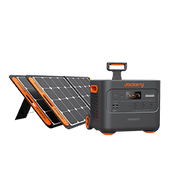
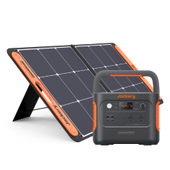
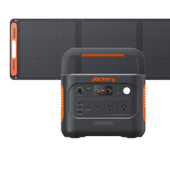
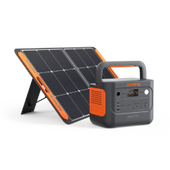
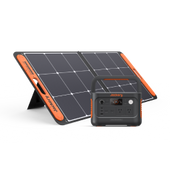

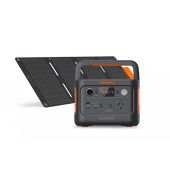
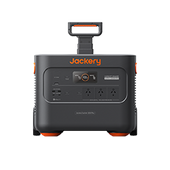
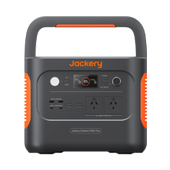
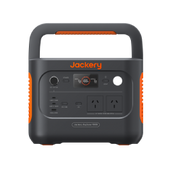
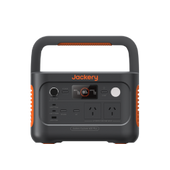
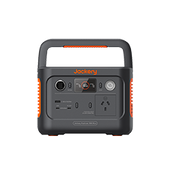
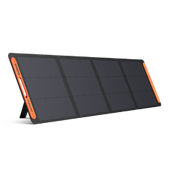
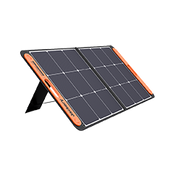
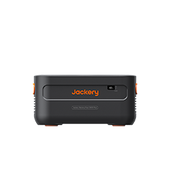
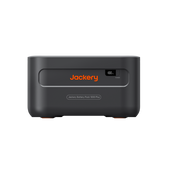
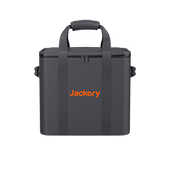
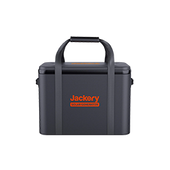
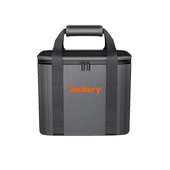

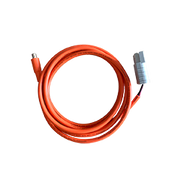

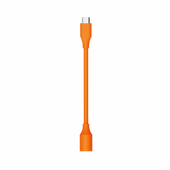
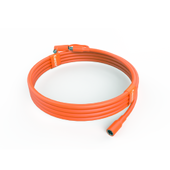



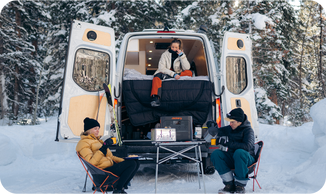
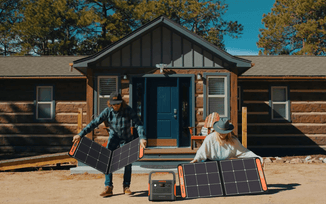
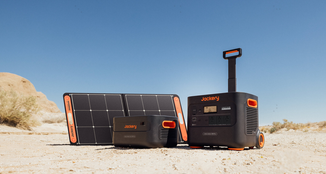

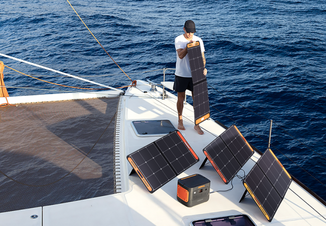

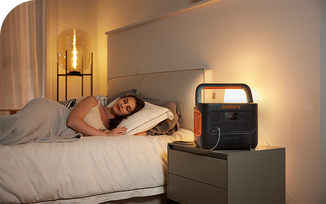
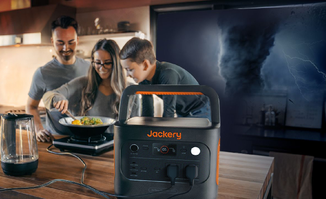
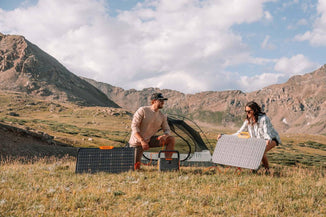
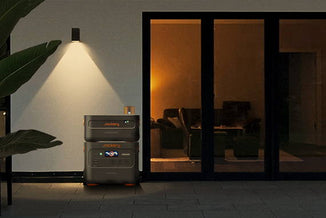
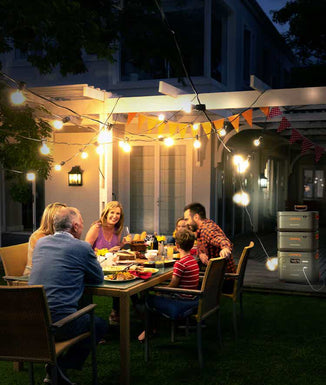

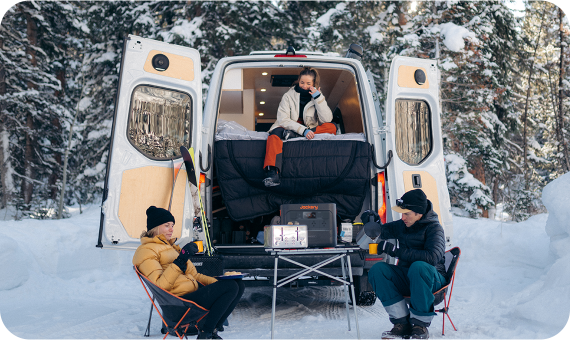
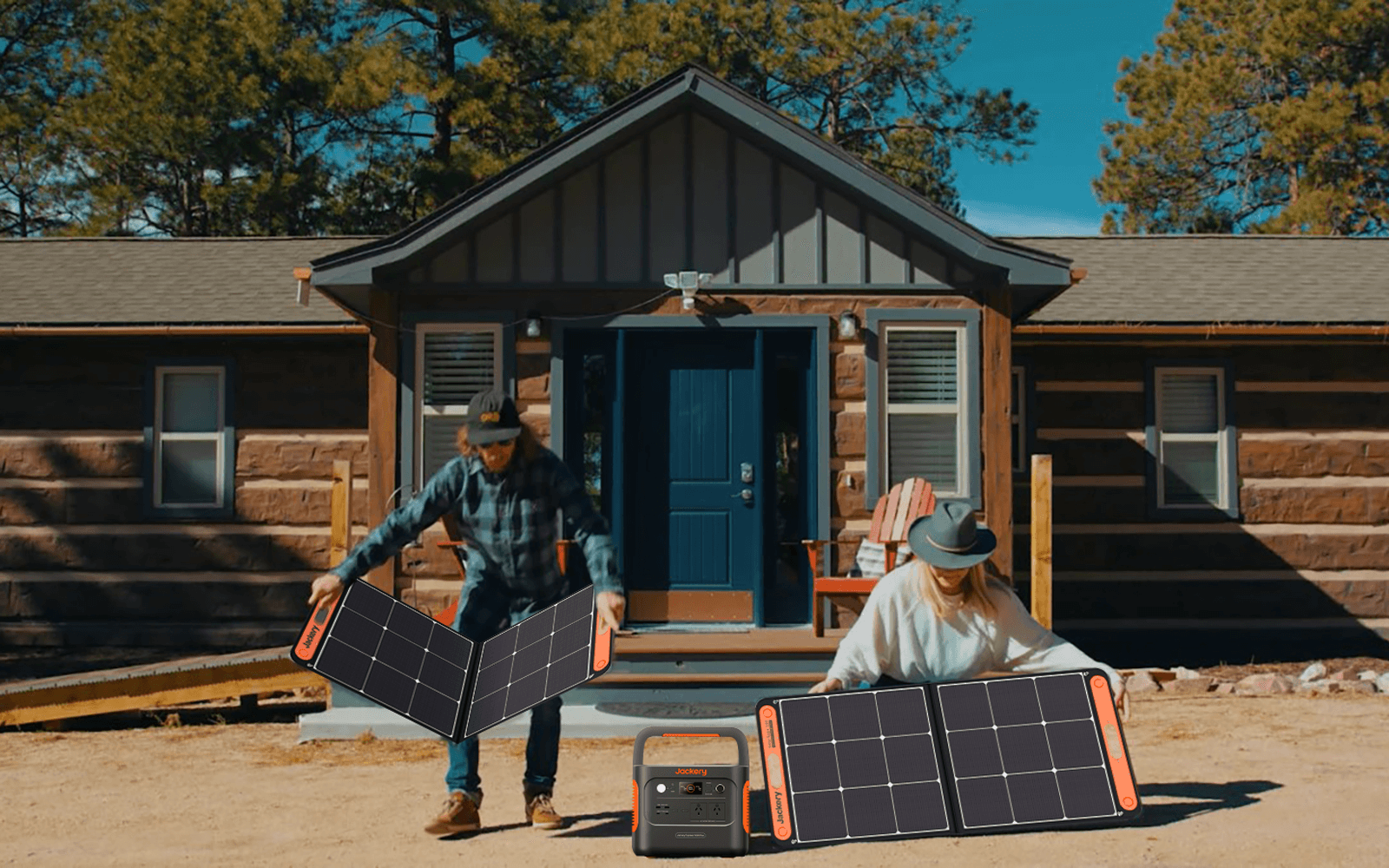
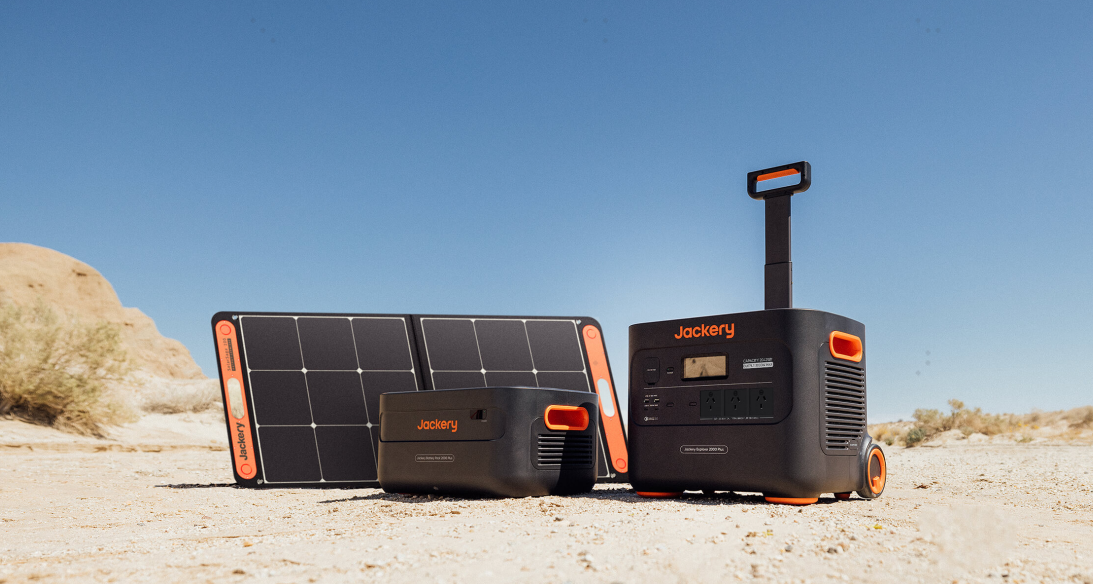
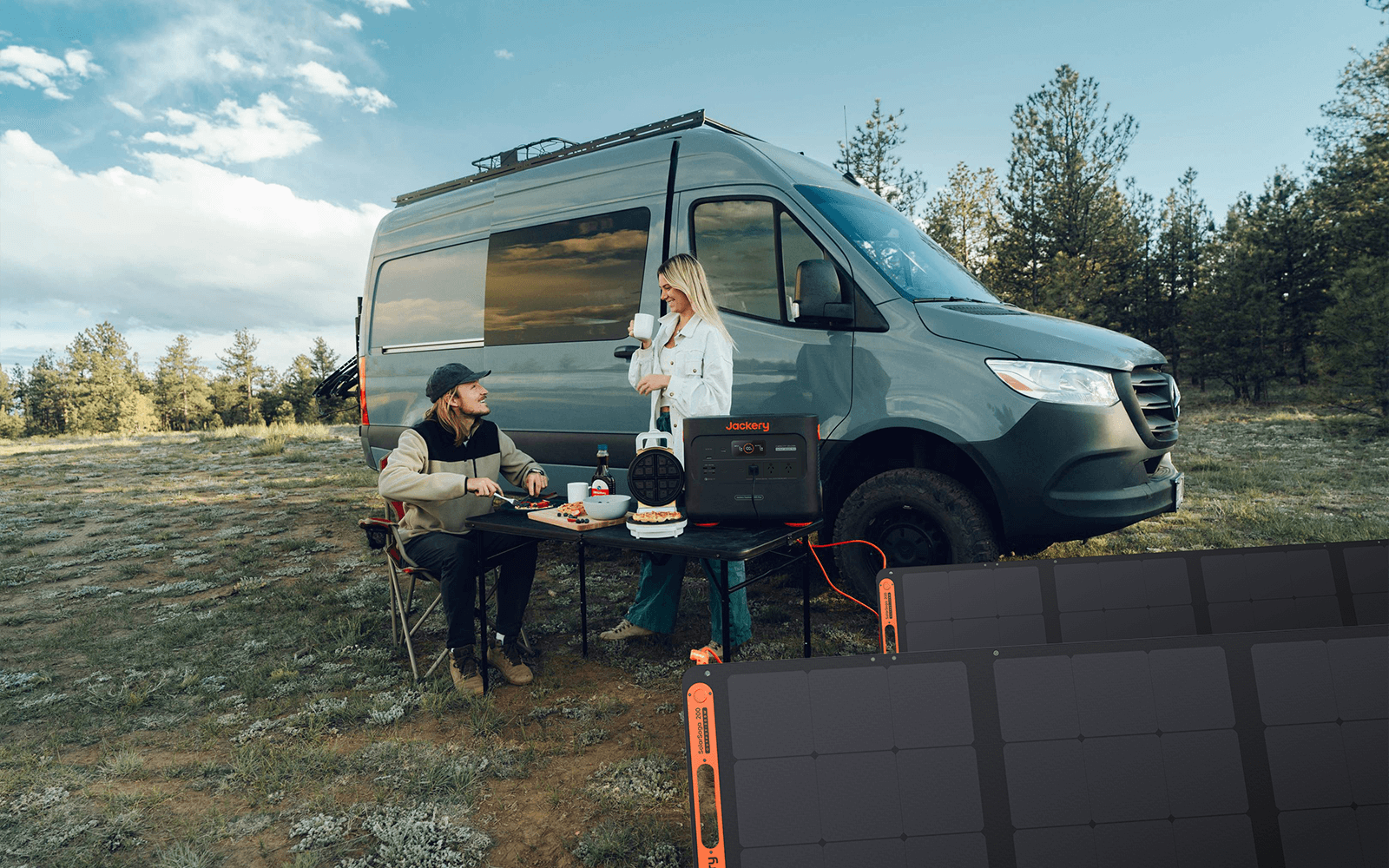
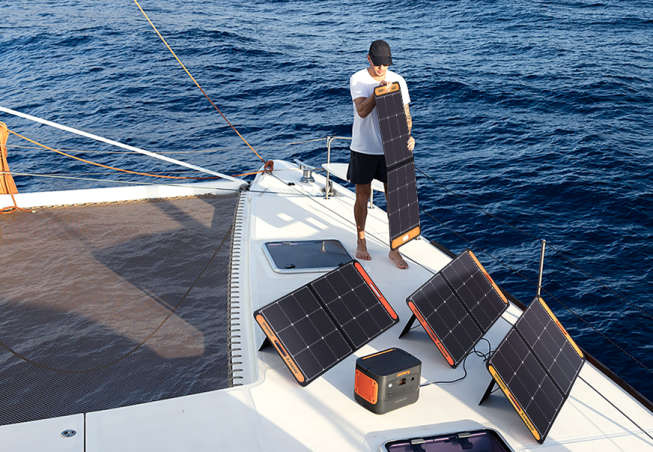
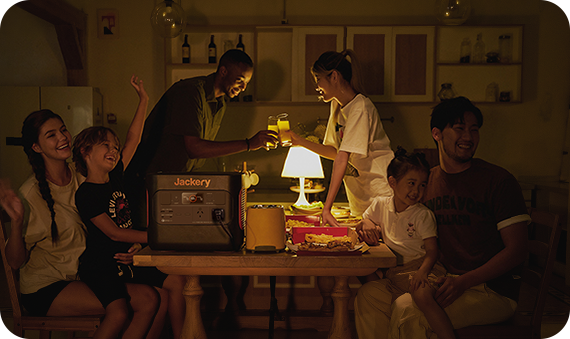
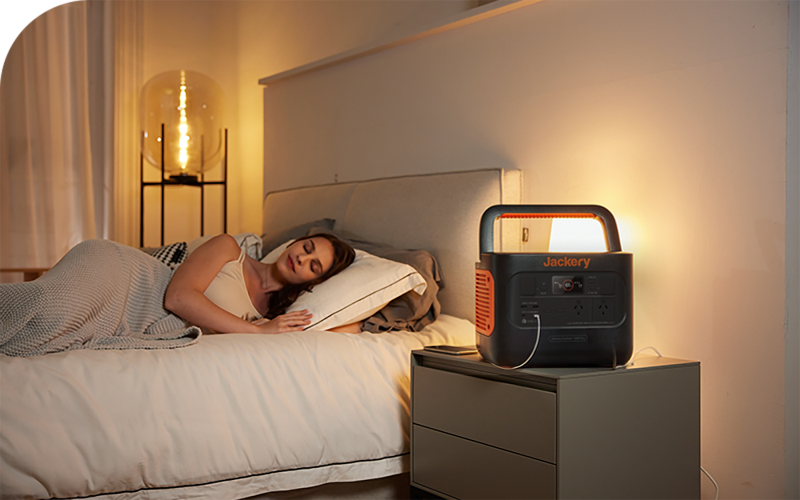
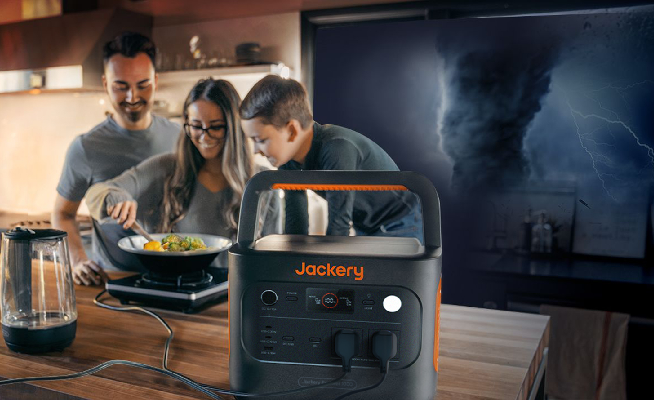
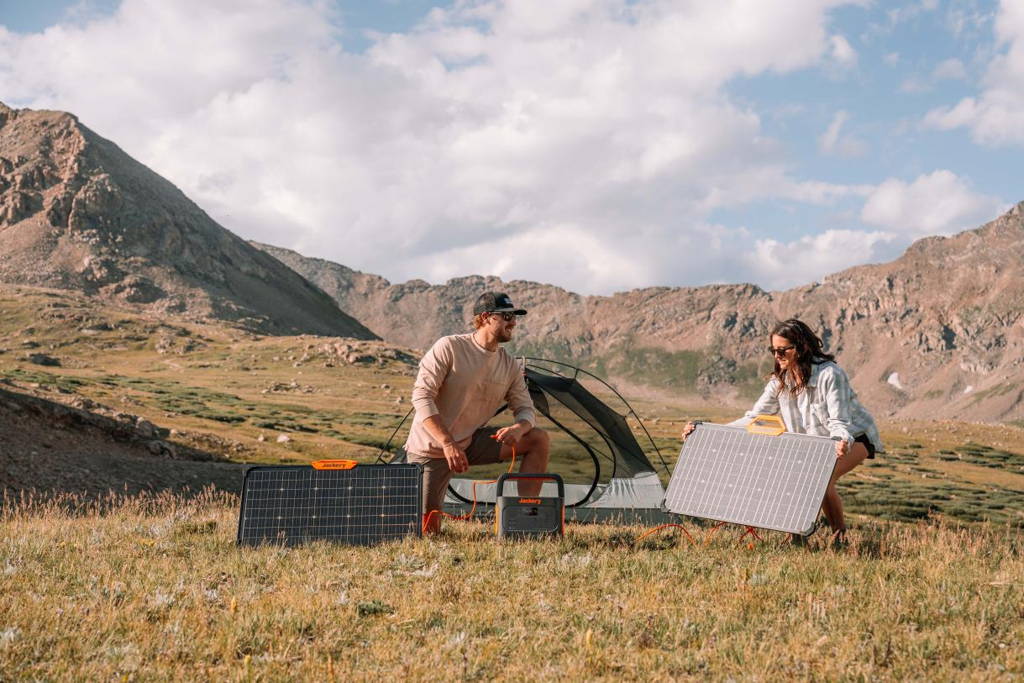
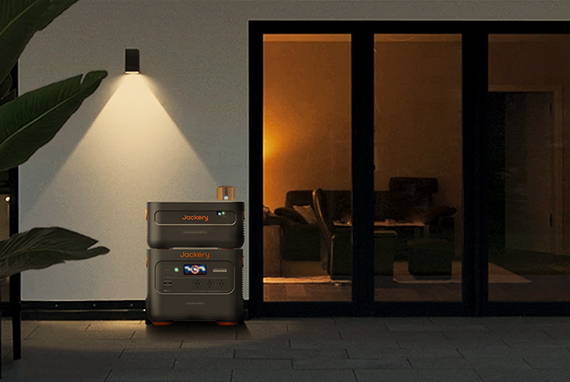
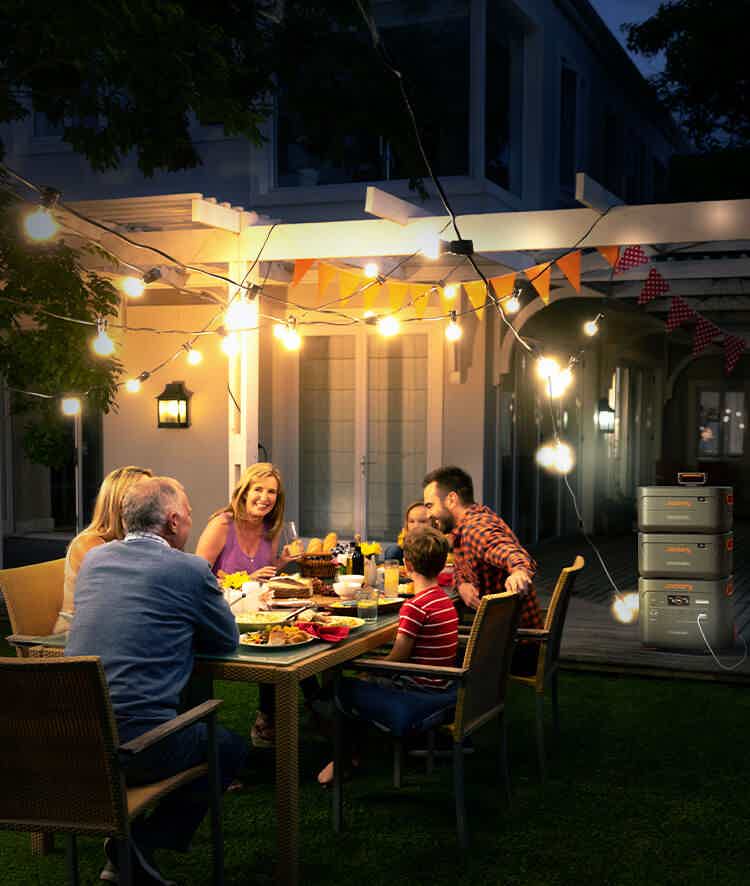
![What Is The Average Electricity Bill in Brisbane [2025 Update]](http://au.jackery.com/cdn/shop/articles/average_electric_bill_in_brisbane_guide.png?v=1741917957)




